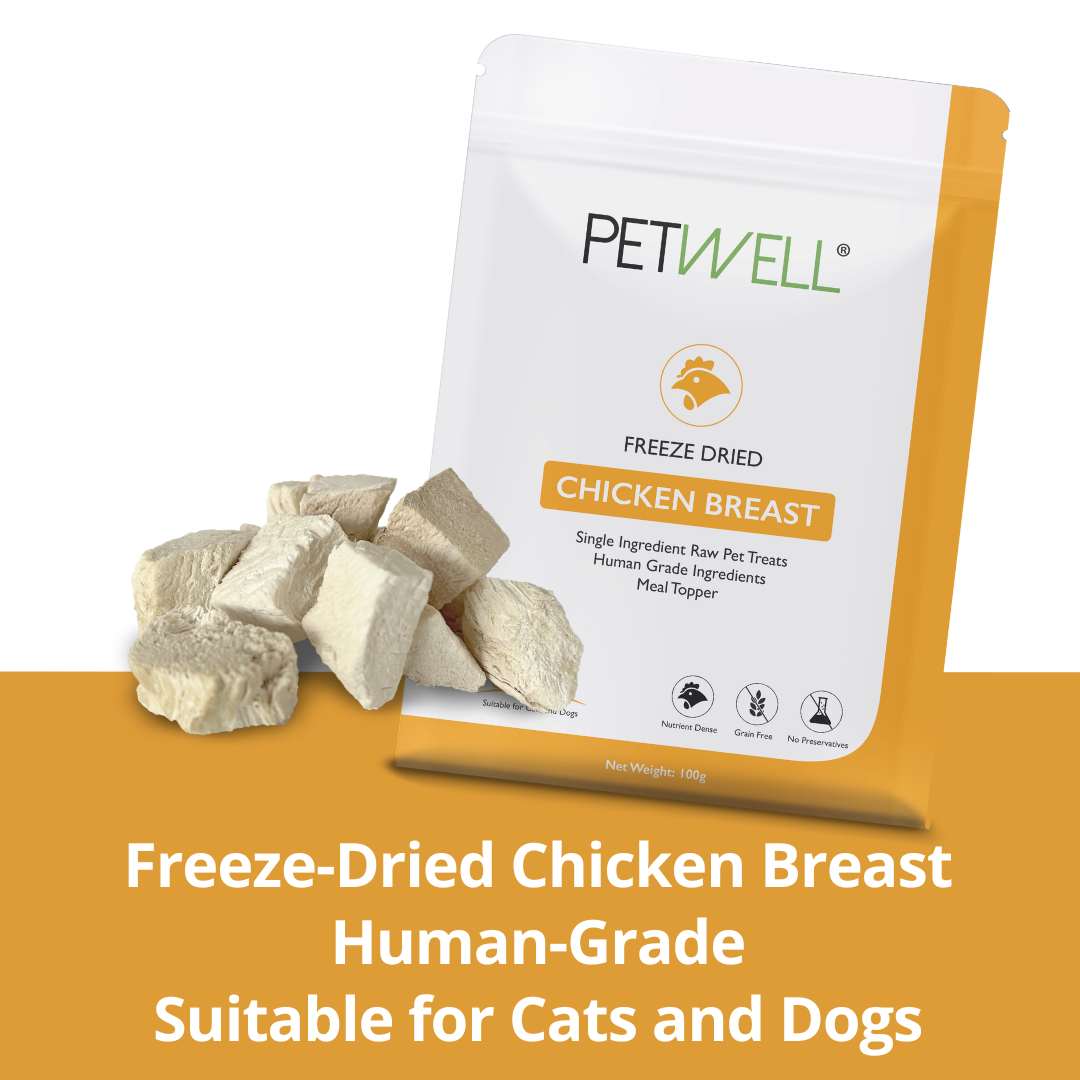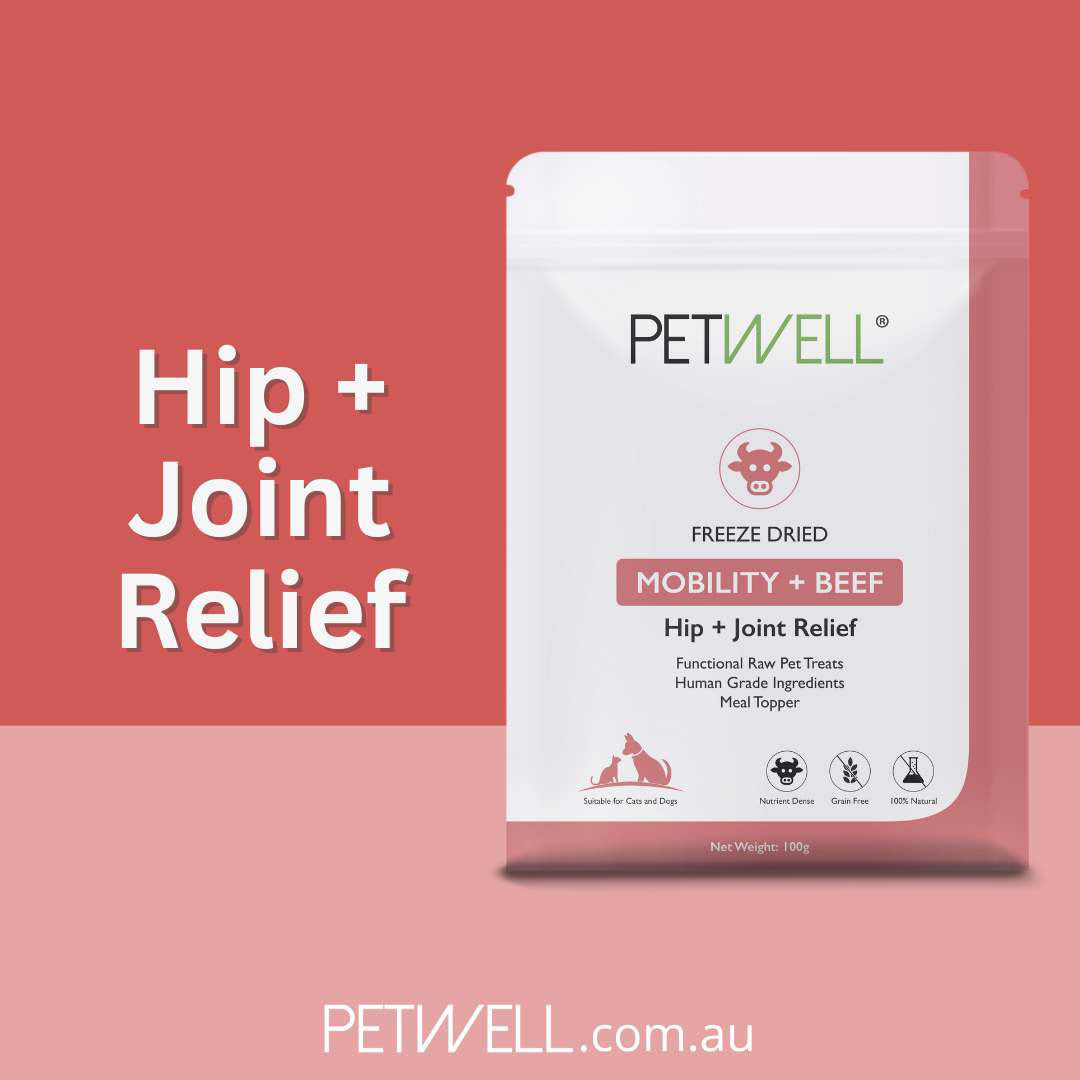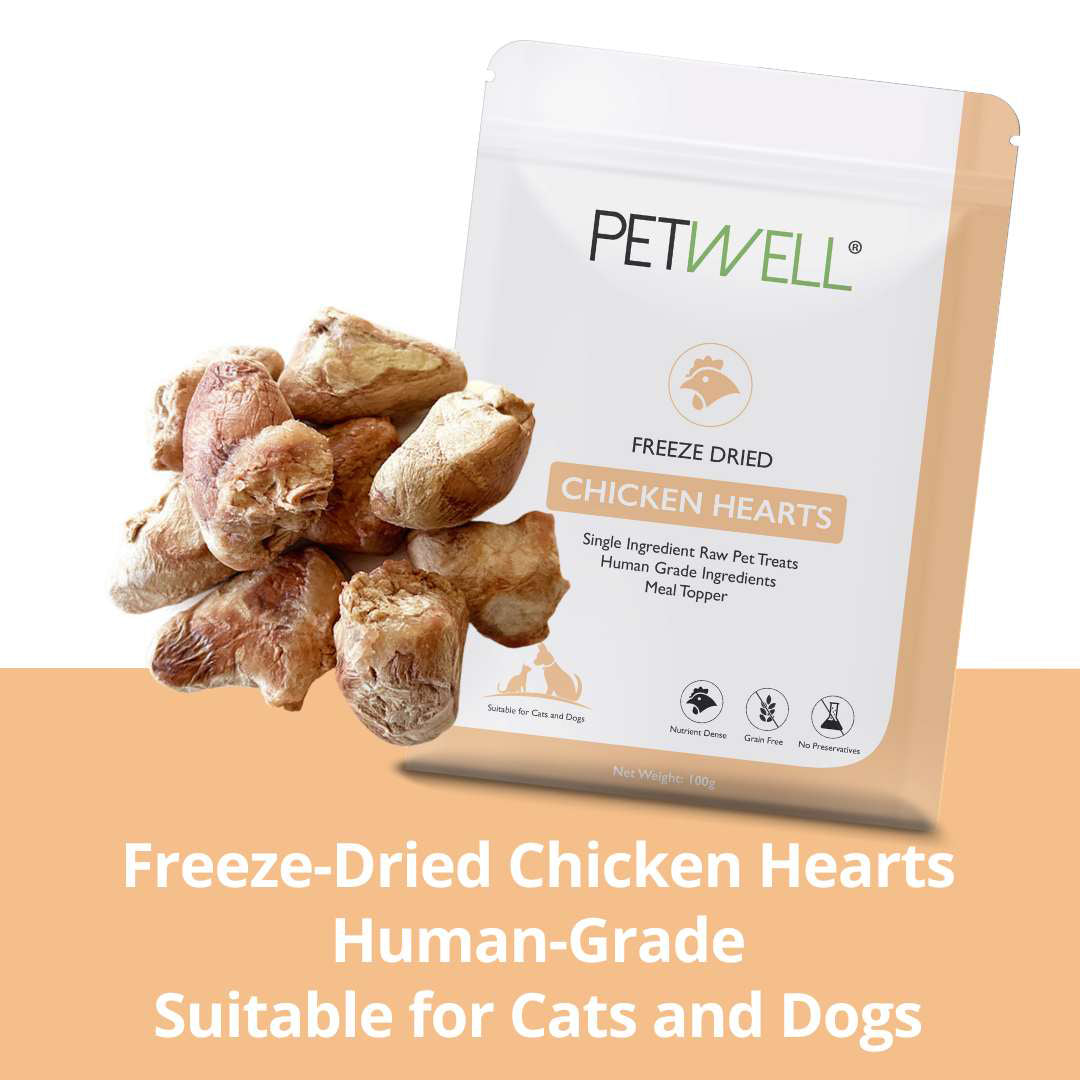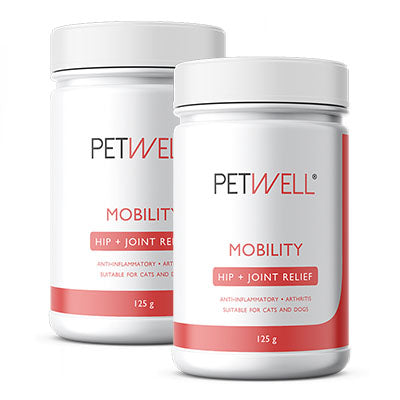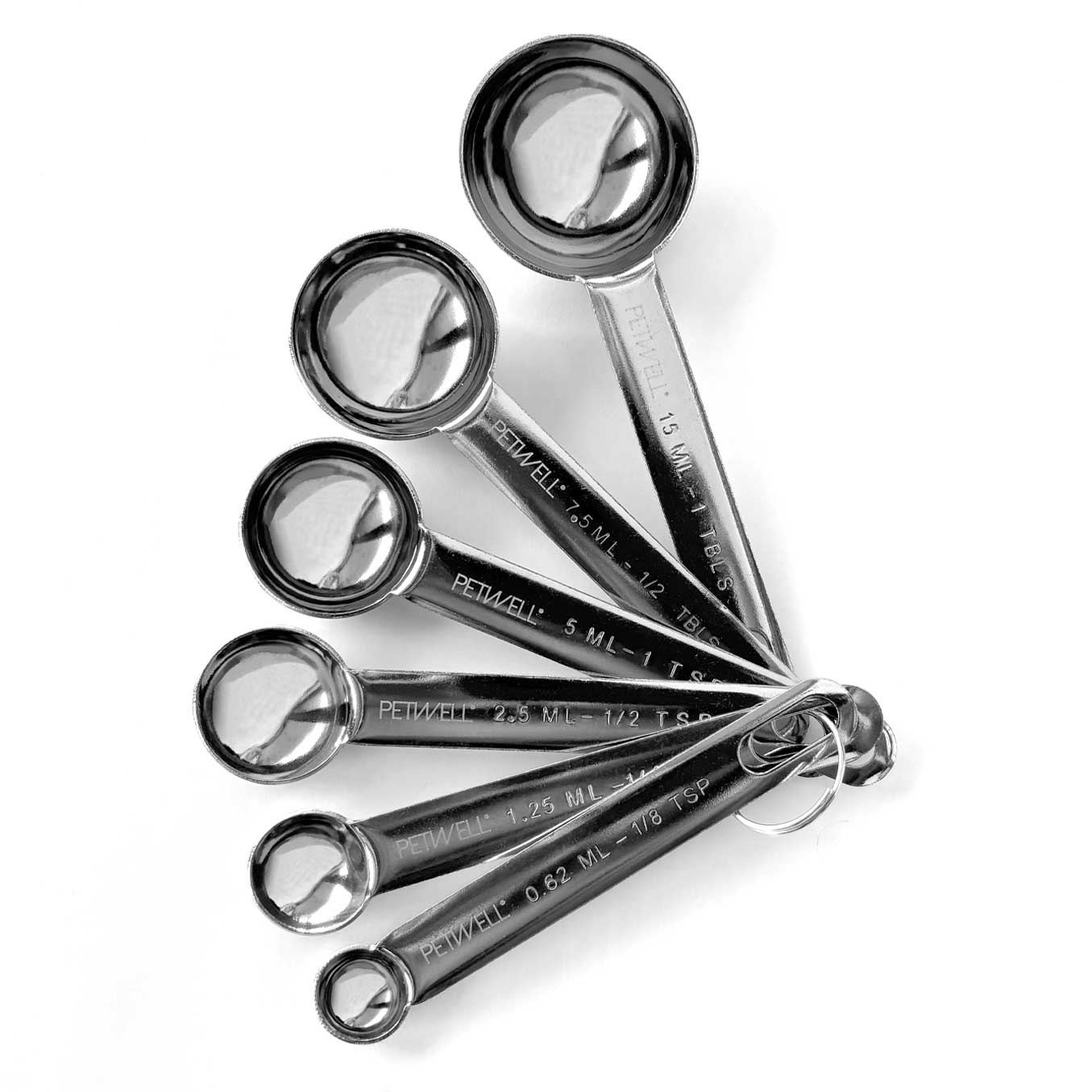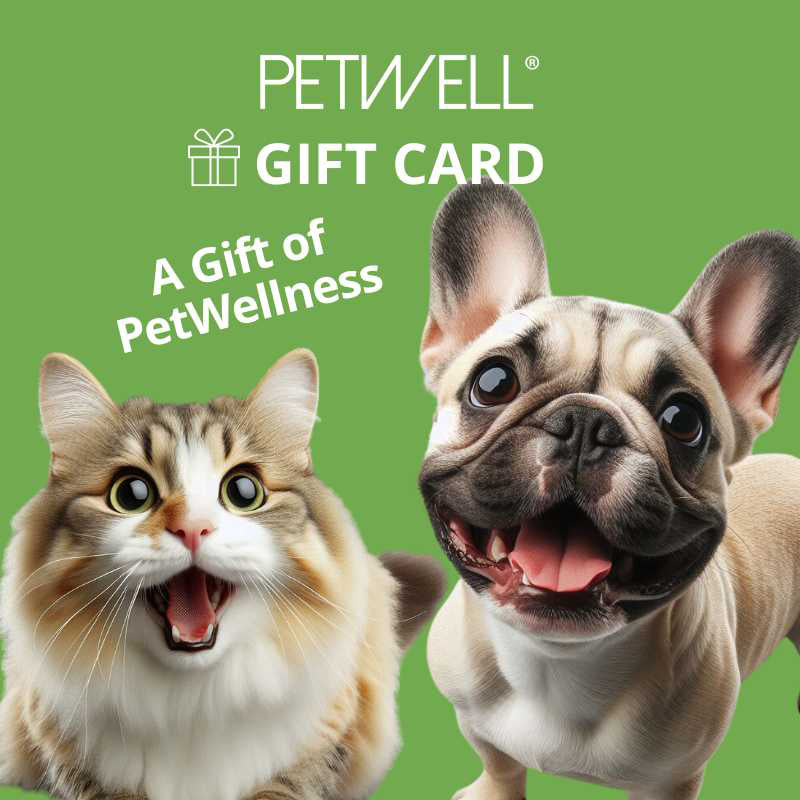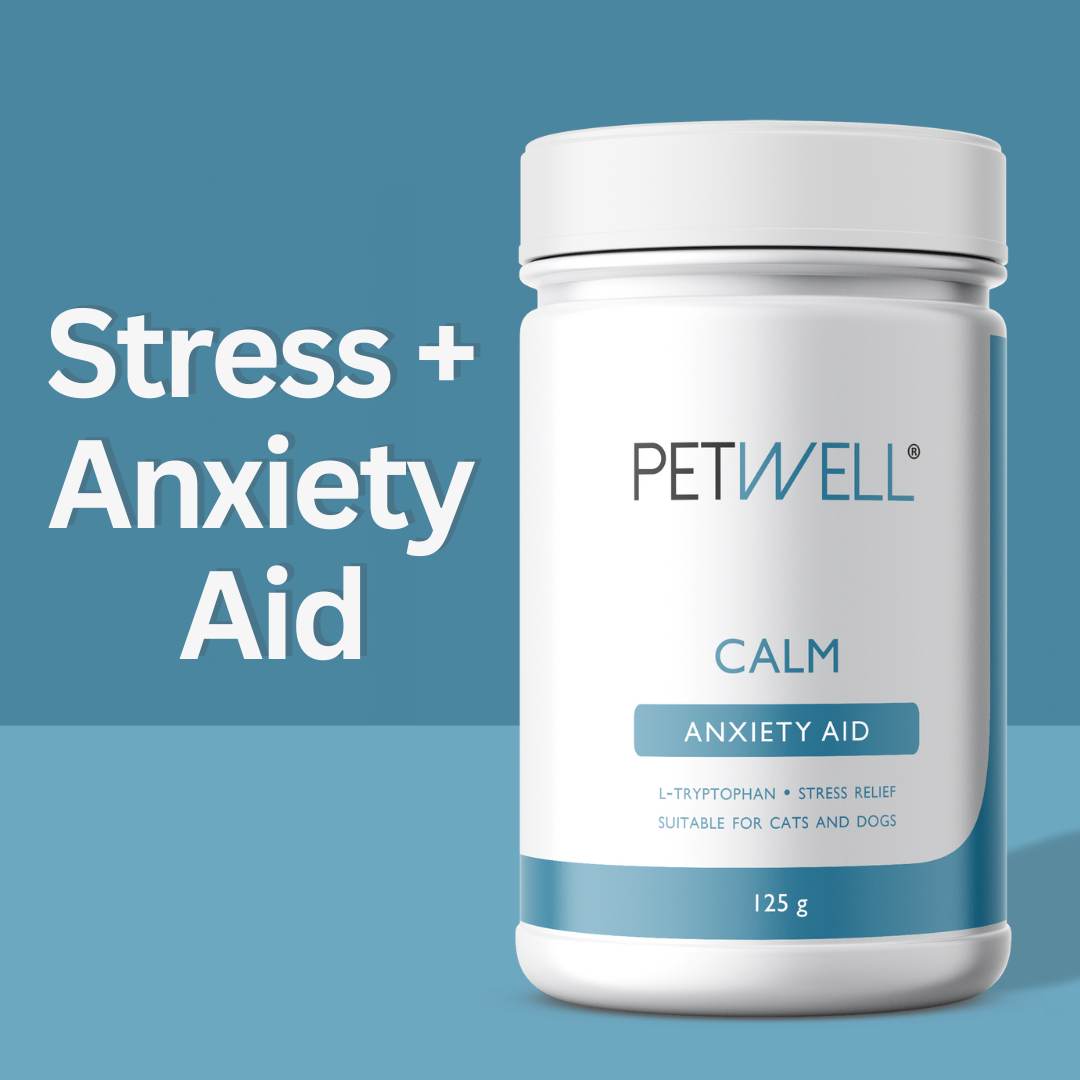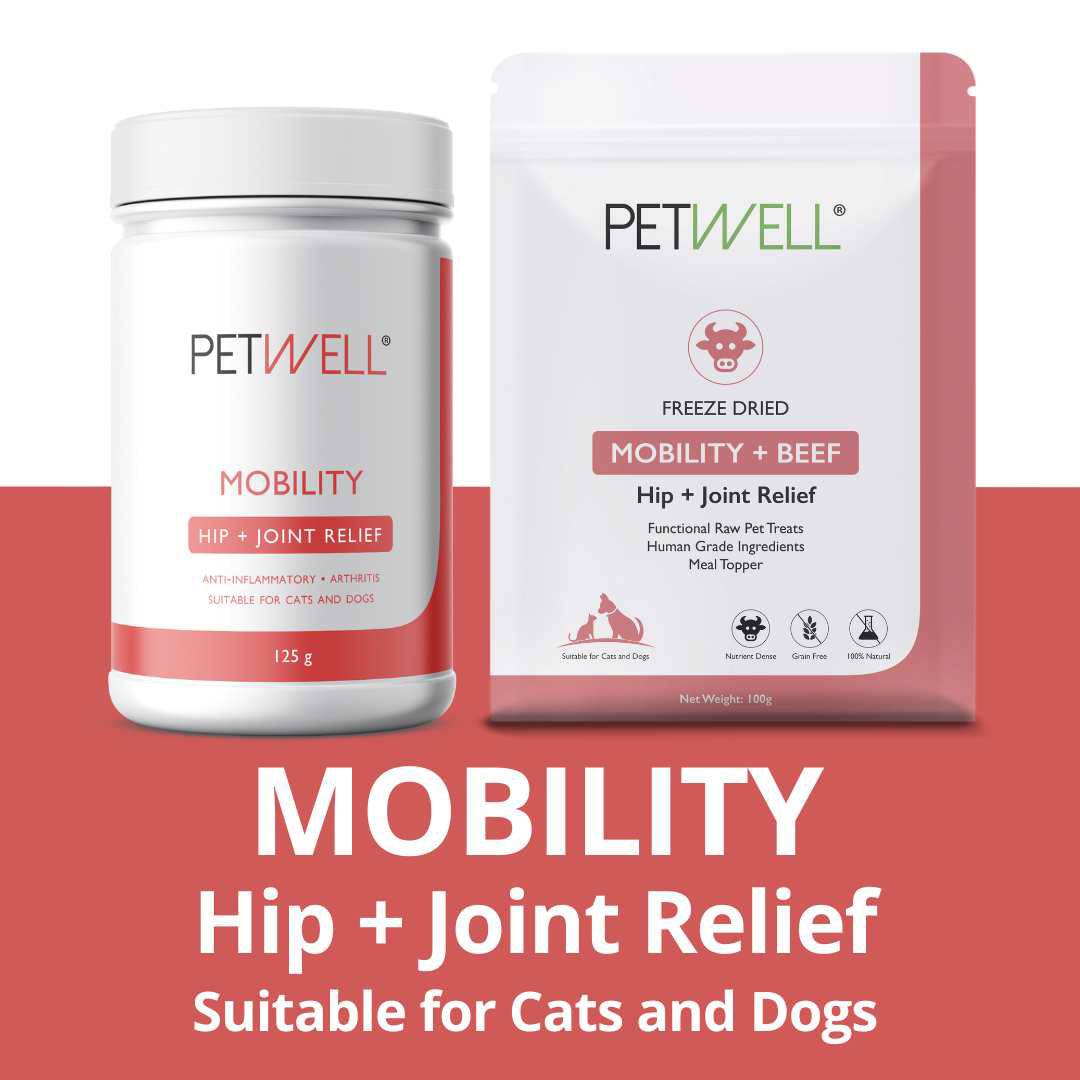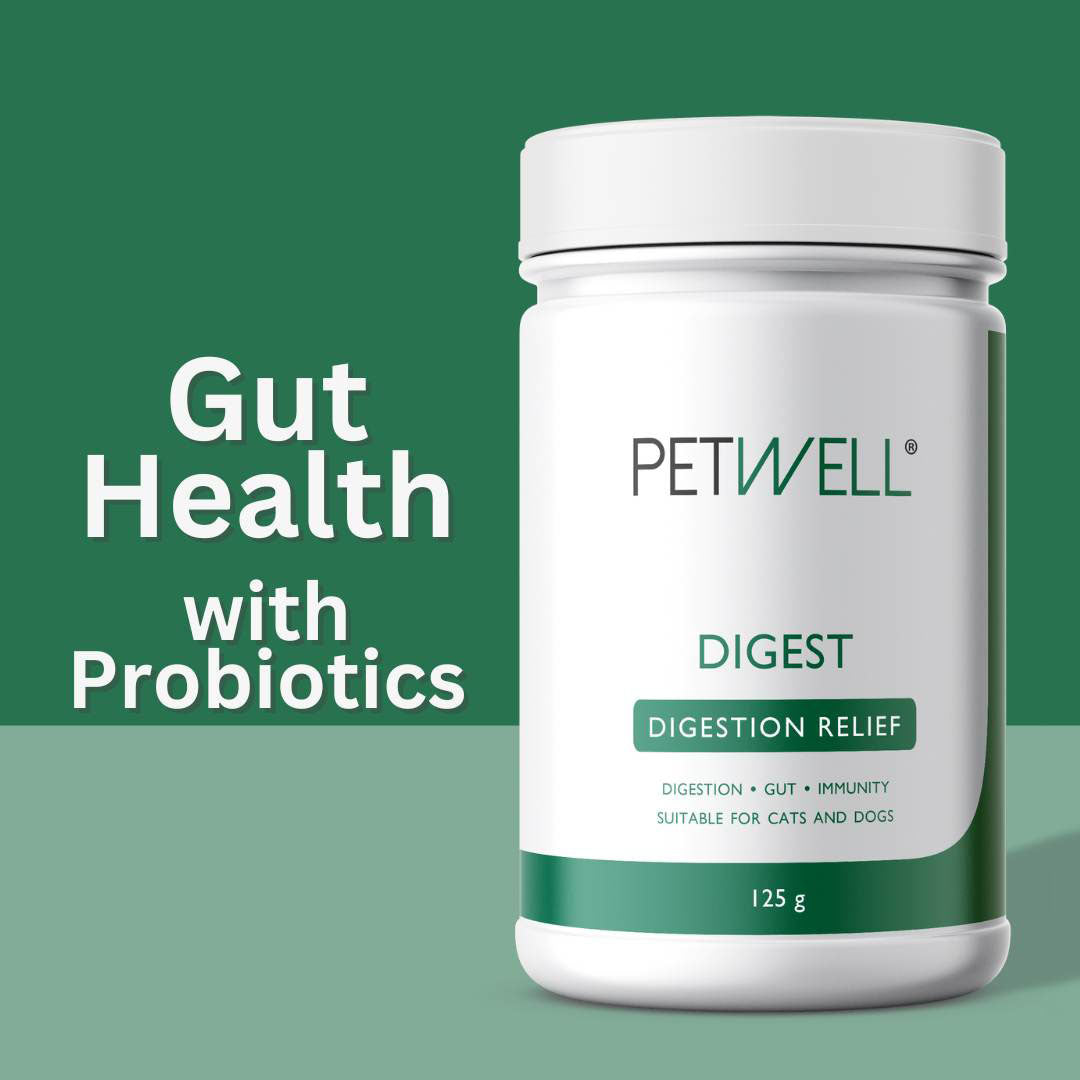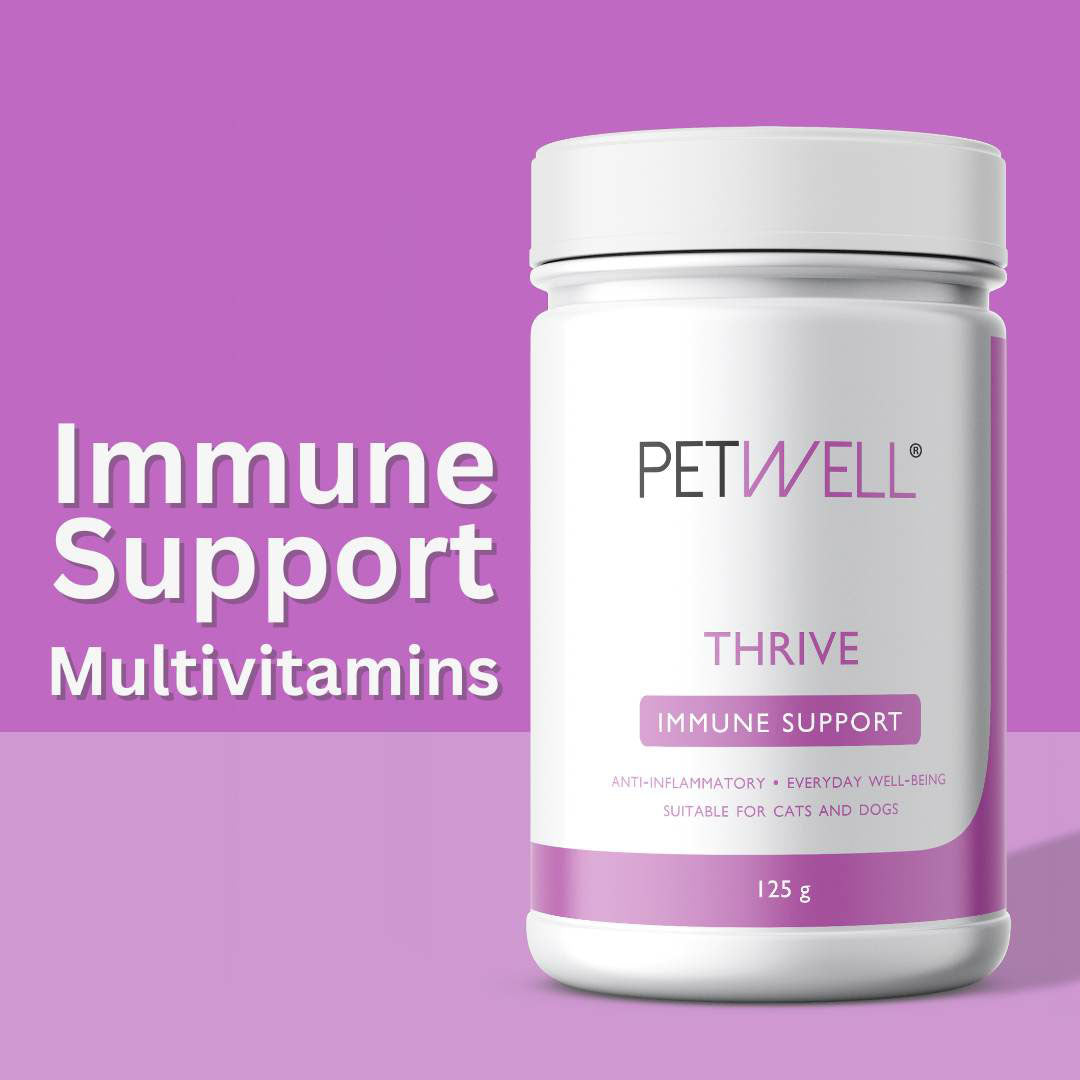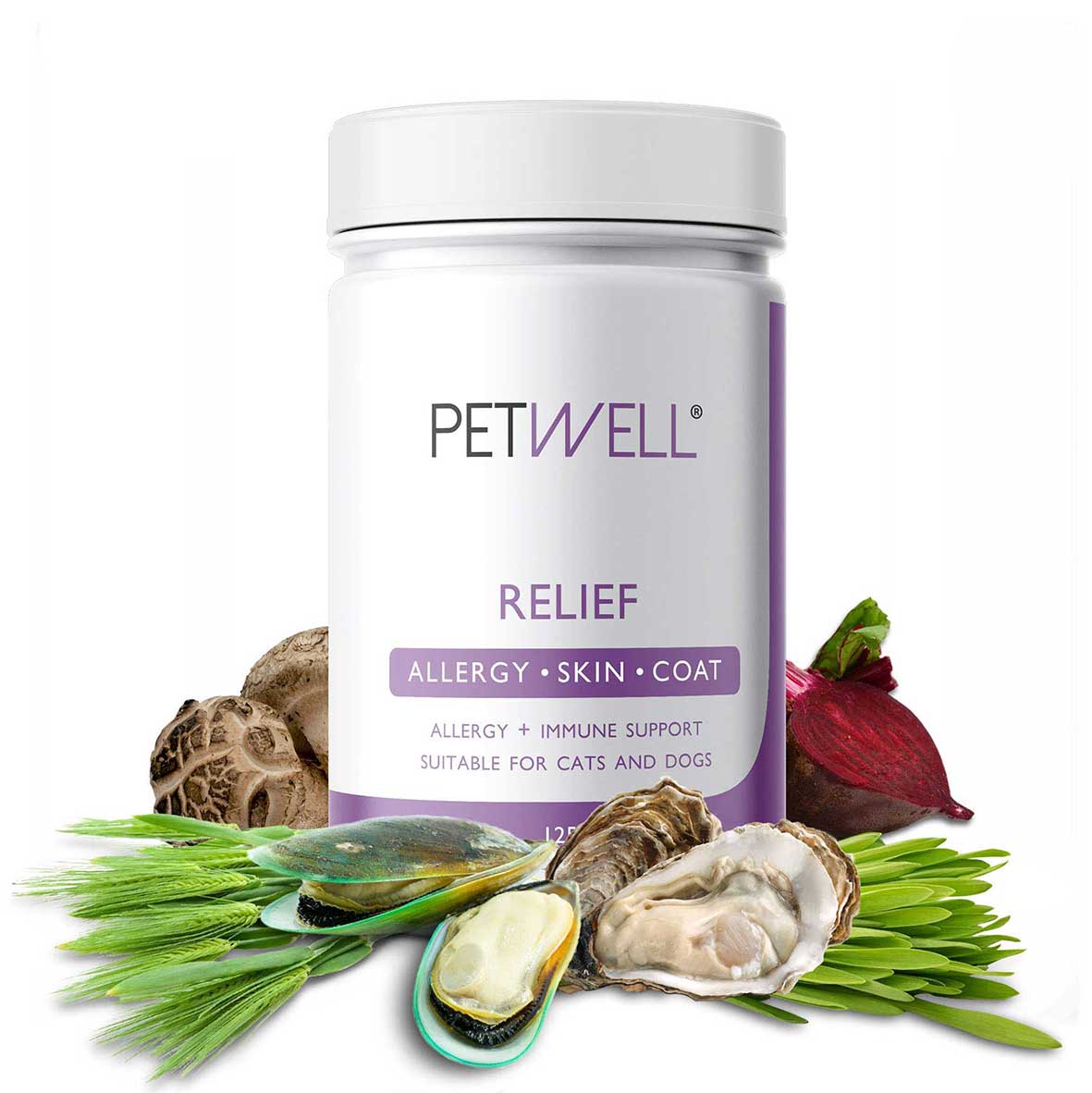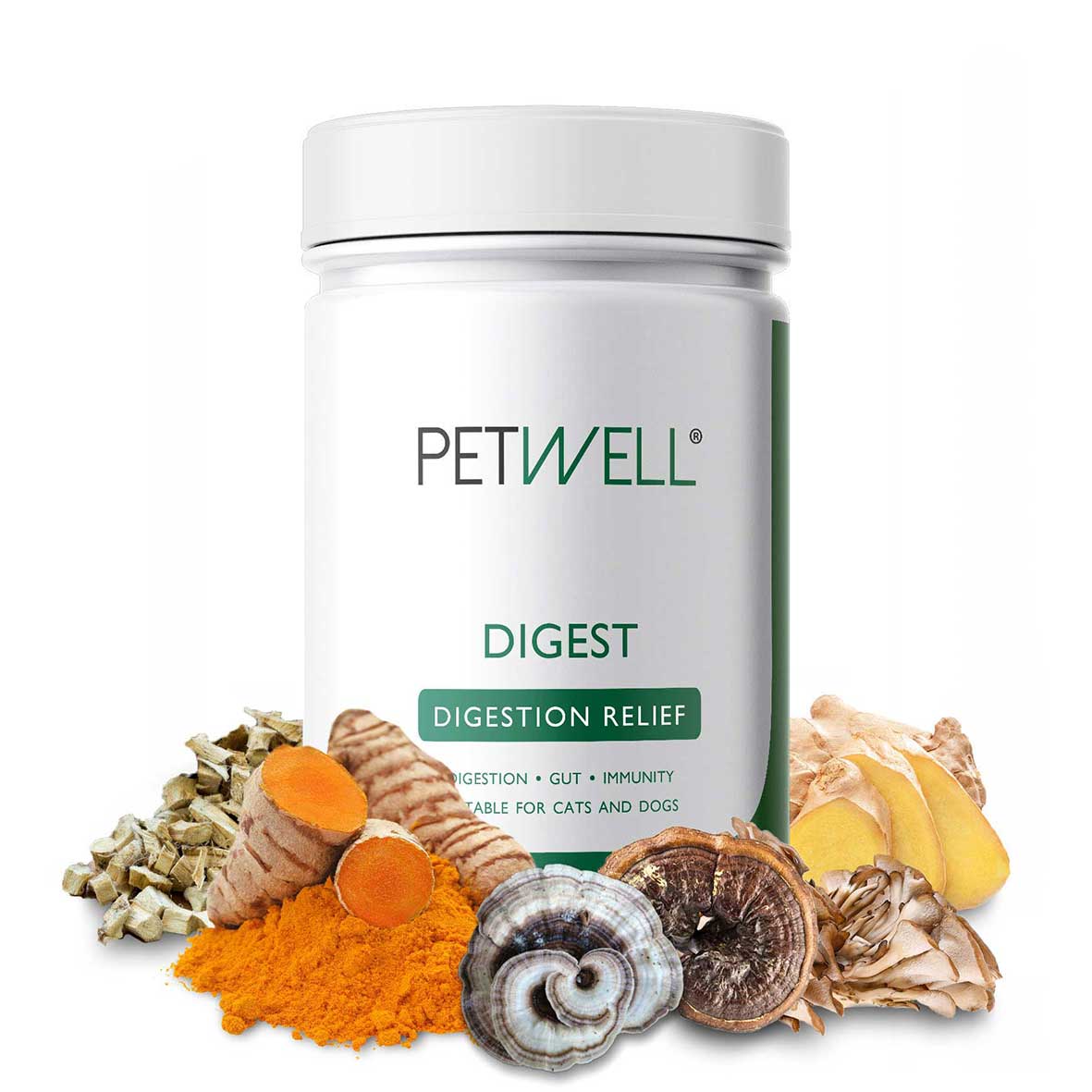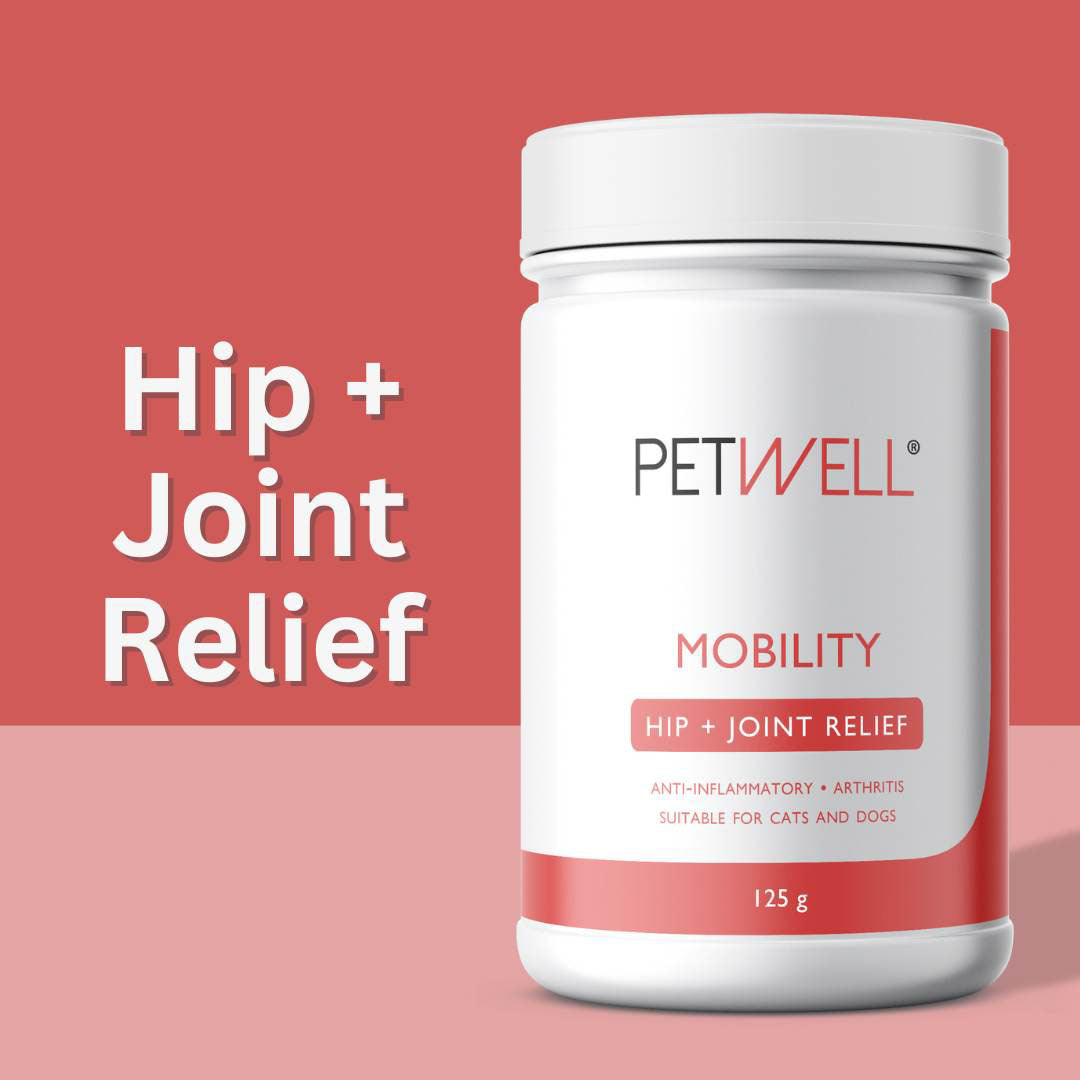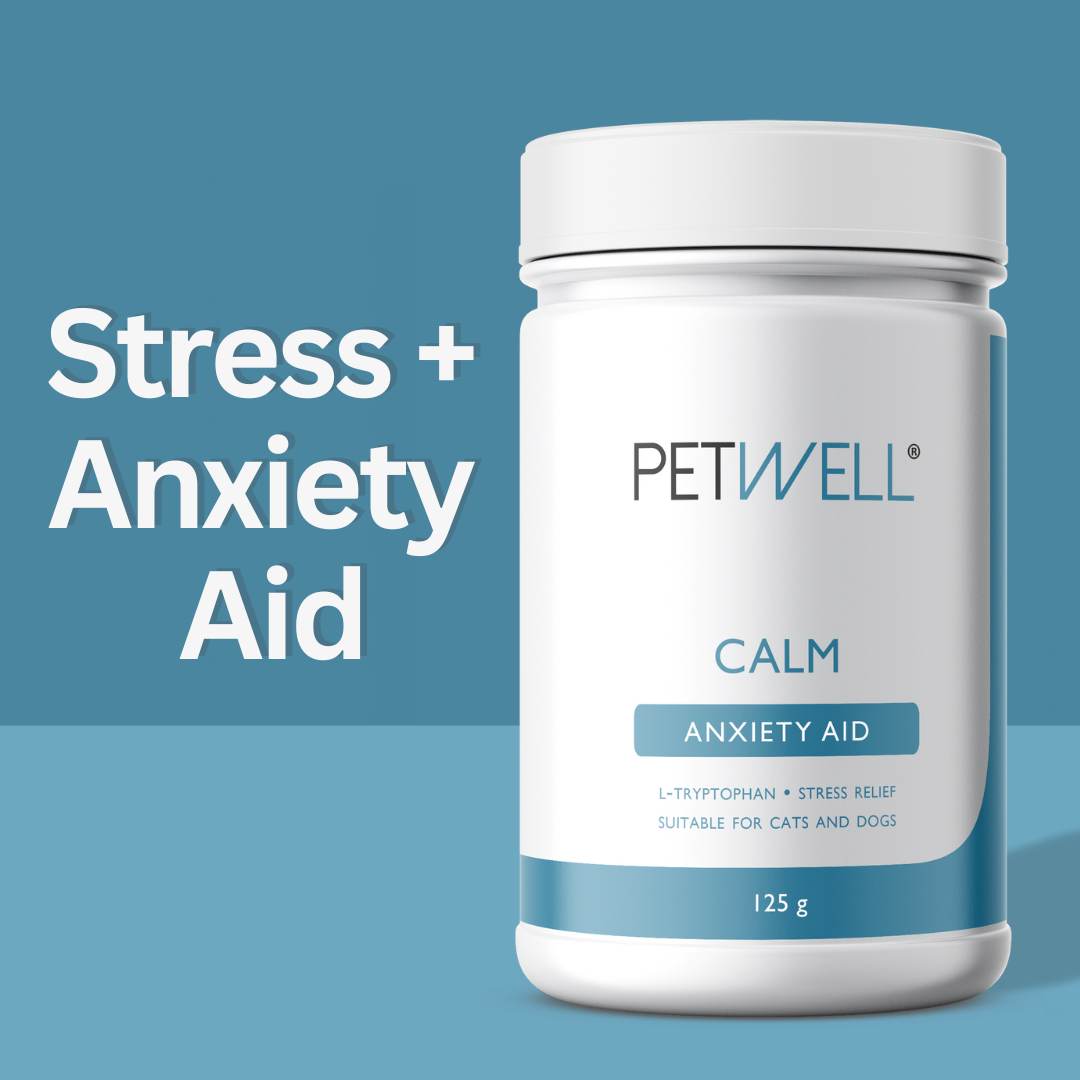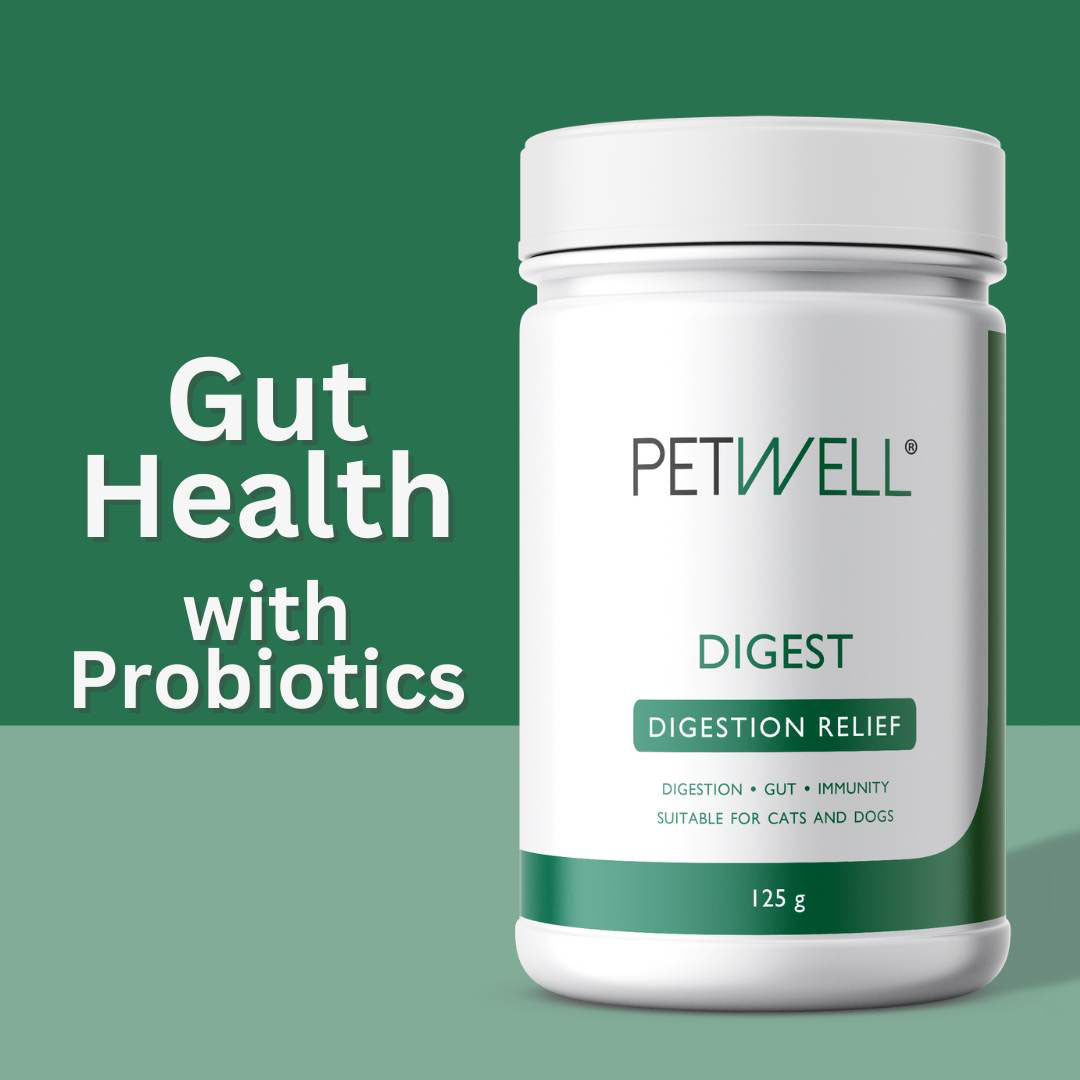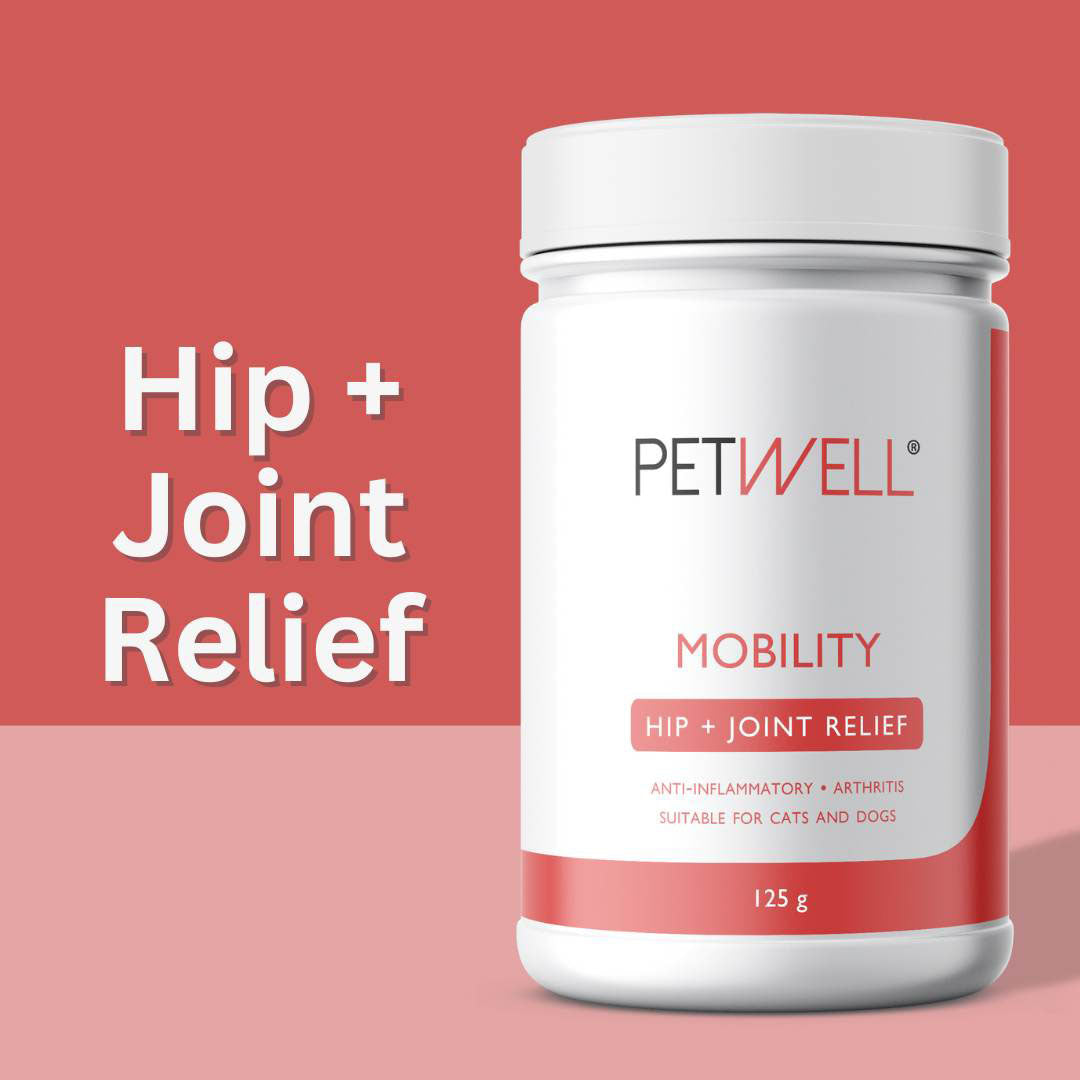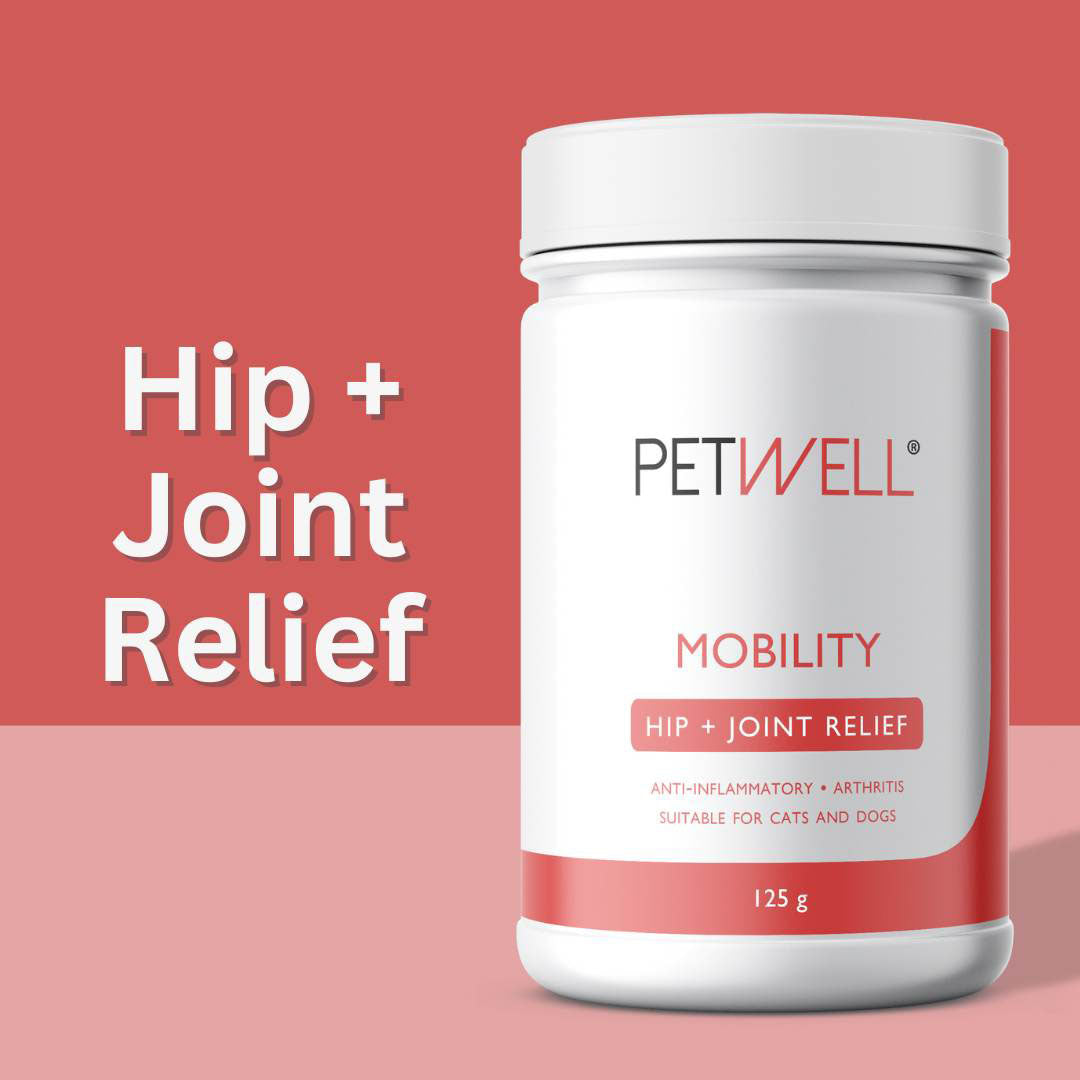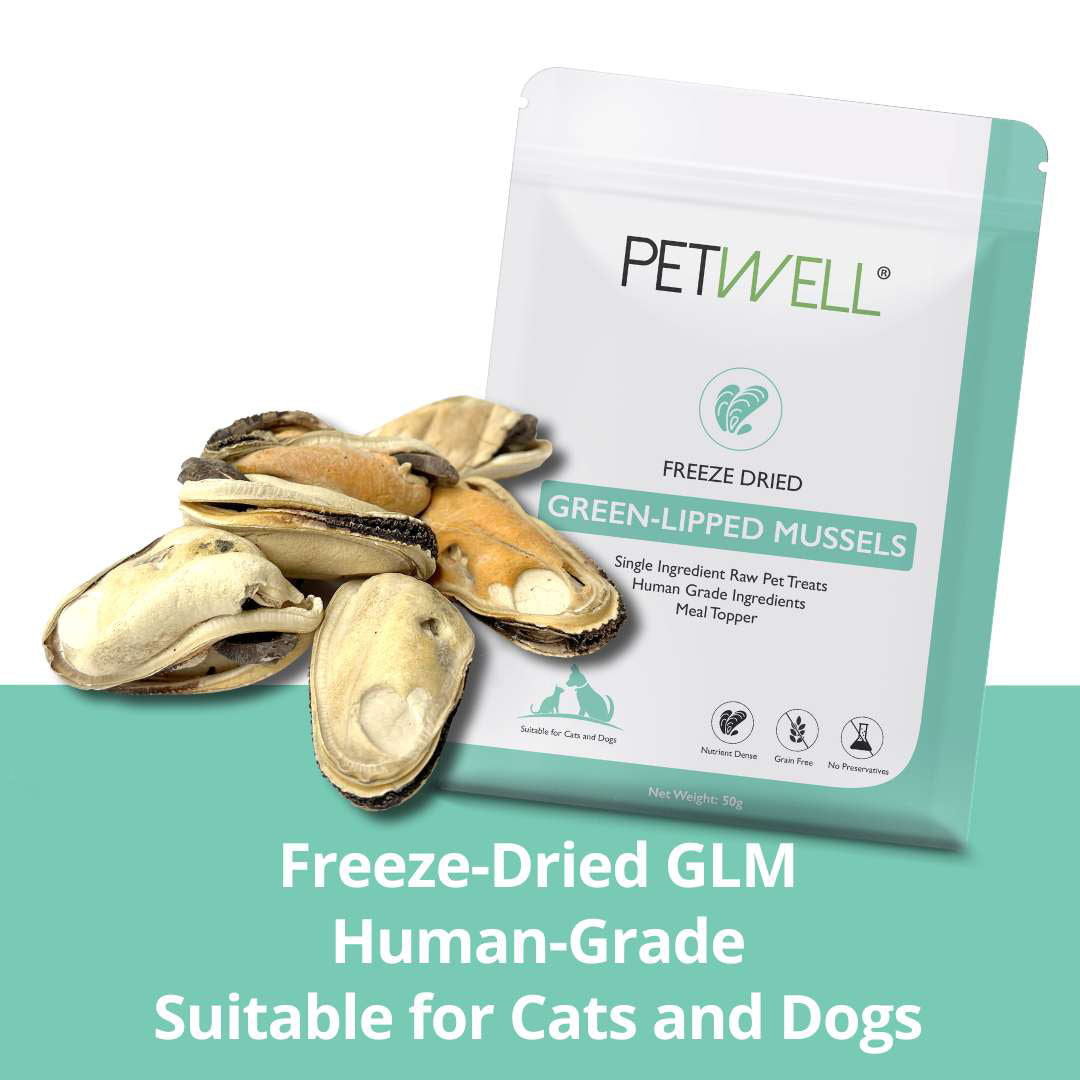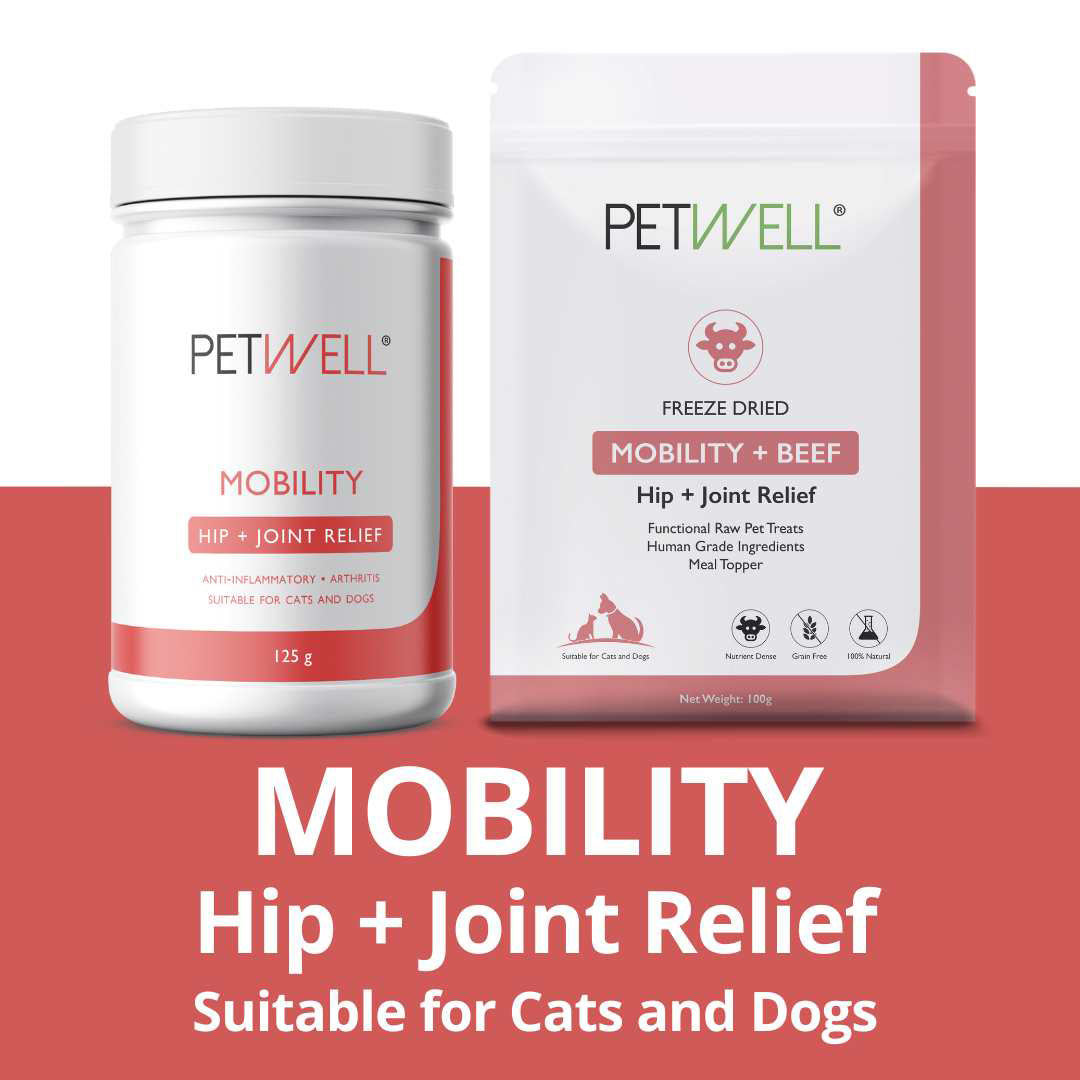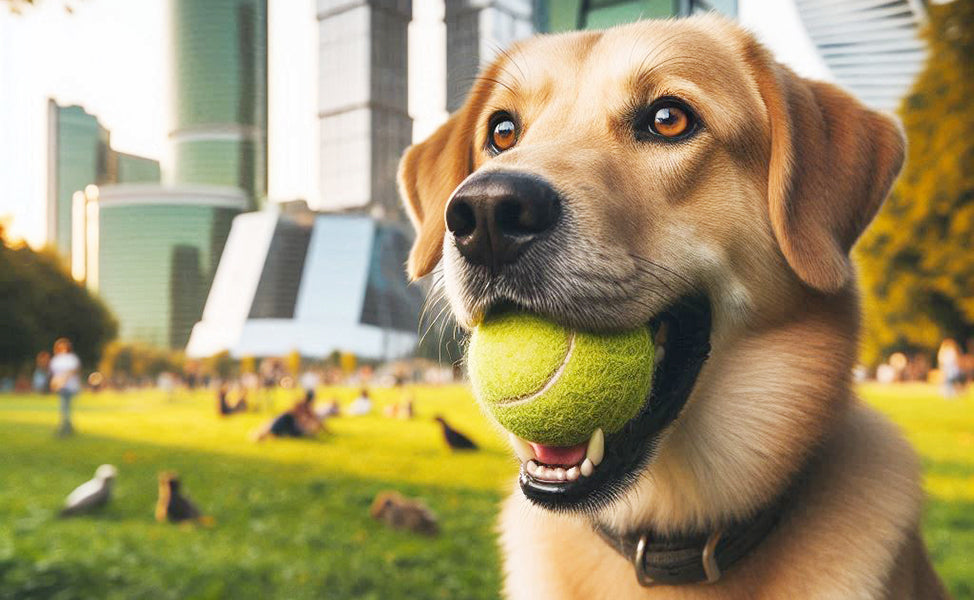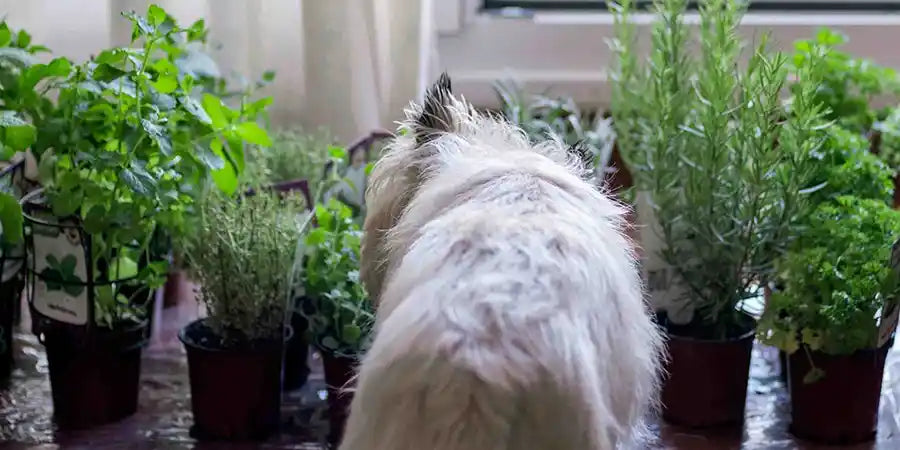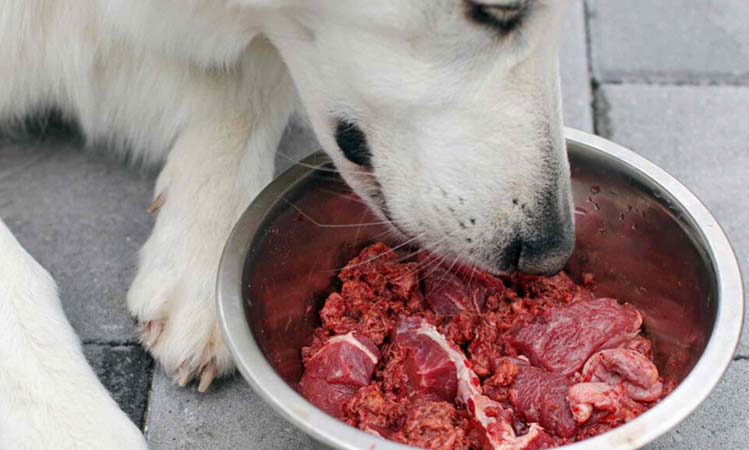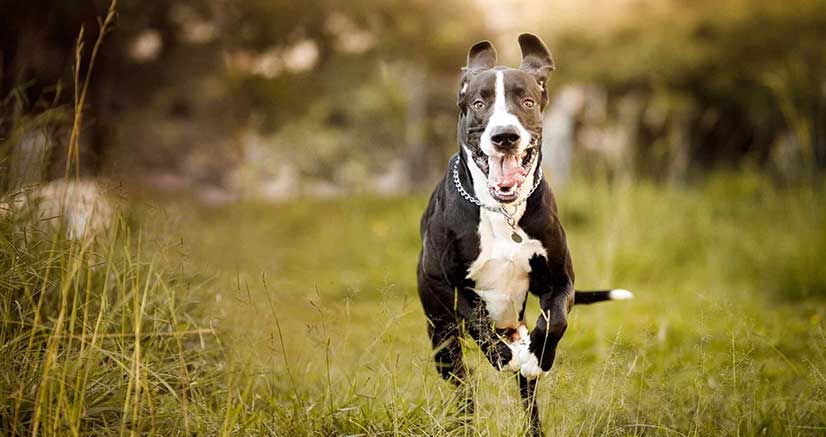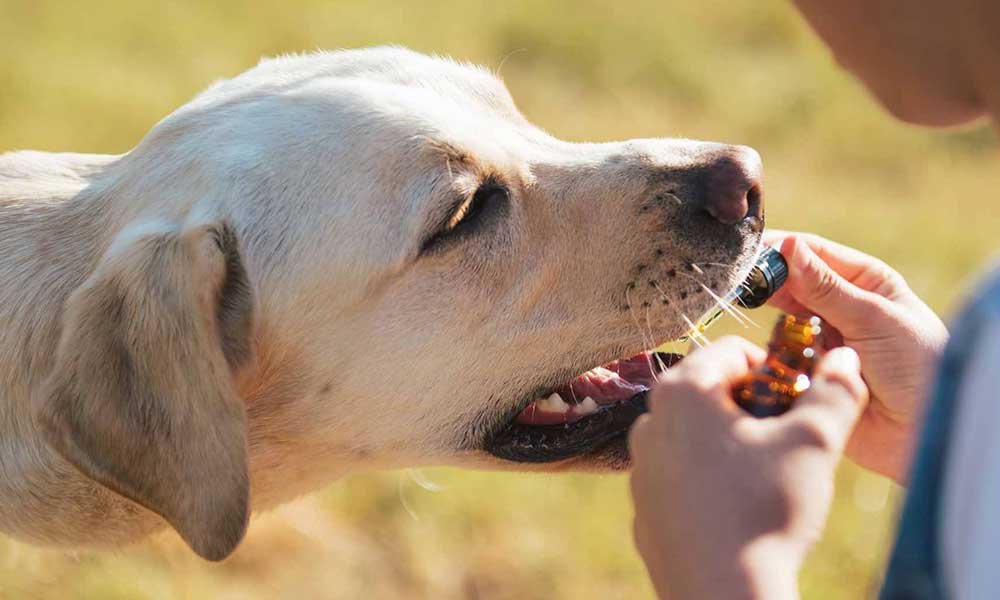If you’ve ever asked the question, are tennis balls safe for dogs? You’ve come to the right place!
Dogs and tennis balls seem like a match made in heaven. The excitement in their eyes as they chase after the bright green ball is a common sight in parks and backyards. However, despite the joy they bring, tennis balls can pose several risks to our canine companions.
Are tennis balls safe for dogs?
Concerns about “dog tennis ball safety" have prompted many to ask, are tennis balls safe? Understanding the potential risks associated with and dogs’ health is crucial for every responsible pet owner.
Here we will delve into the various dangers tennis balls can pose to your fur family and provide safer alternatives for a fun and healthy playtime.
Tooth Damage
The felt covering on tennis balls is abrasive and can wear down a dog’s teeth over time. The constant gnawing and chewing can lead to dental issues, such as worn-down teeth, which can be painful and expensive to treat.
Prevention Tip: Limit the amount of time your dog spends chewing on tennis balls. Consider alternative toys made specifically for dental health, which are designed to be gentler on a dog’s teeth.

Chemical Exposure
Tennis balls are designed for playing tennis, not for dogs to chew on. They are often made with chemicals that are not safe for ingestion. The felt and rubber materials can contain toxic substances that could be harmful if ingested in large quantities.
Prevention Tip: Look for dog-friendly tennis balls that are free from harmful chemicals. These are designed to be safer for dogs to chew on and play with.
Choking Hazard
One of the most significant dangers of tennis balls is that they can become a choking hazard. This is particularly true for larger dogs that can fit the entire ball in their mouth. If the ball gets stuck in the throat, it can obstruct the airway, leading to a life-threatening situation.
Prevention Tip: Always supervise your dog when they are playing with a tennis ball, and opt for larger, sturdier balls that are less likely to get stuck in their throat.
Intestinal Blockages
Dogs are notorious for chewing on their toys, and tennis balls are no exception. When pieces of the ball break off and are swallowed, they can cause intestinal blockages. This can be a serious medical issue requiring surgery to remove the obstruction.
Prevention Tip: Regularly inspect the tennis ball for any signs of wear and tear. If the ball is damaged, replace it immediately.
Always supervise your dog during play and opt for safer, dog-friendly alternatives whenever possible.
High-Speed Injuries
Dogs love to chase tennis balls, often at high speeds. This can lead to accidents, such as running into obstacles or slipping on wet surfaces. High-speed chases can also cause muscle strains or ligament injuries.
Prevention Tip: Play in a safe, open area free from obstacles. Ensure the ground is not slippery to reduce the risk of falls and injuries.
Overexertion
Some dogs don’t know when to stop. They can become so focused on fetching the ball that they overexert themselves, leading to heatstroke or exhaustion, especially on hot days.
Prevention Tip: Monitor your dog’s activity level and give them regular breaks during playtime. Always provide fresh water and play in shaded areas when it’s hot outside.
Safe Alternatives to Tennis Balls
Given these potential dangers, it’s worth considering safer alternatives for your dog’s playtime.
Here are a few options of best toys for dogs instead of tennis balls and safe dog toys for fetch:
- Rubber Balls: Designed specifically for dogs, these are durable and less likely to break apart.
- Dental Chew Toys: These are made to be gentle on teeth while promoting dental health.
- Rope Toys: Natural hemp rope toys are great for tug-of-war and fetch, and they are generally safe for chewing.
- Frisbees: Soft, flexible frisbees are a fun alternative for dogs who love to chase.
In Summary
While tennis balls can provide endless entertainment for dogs, they come with risks that pet owners need to be aware of. By understanding these dangers and taking preventive measures, you can ensure that playtime remains safe and enjoyable for your fur family.
Always supervise your dog during play and opt for safer, dog-friendly alternatives whenever possible. Your dog’s safety and health should always come first, making informed choices about their toys is a big part of responsible pet ownership.
Disclaimer
The entire contents of this email and website are not to be taken as medical advice. PetWell encourages you to make your own pet healthcare decisions based on your research and in partnership with a qualified pet healthcare professional.

